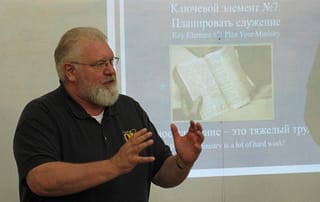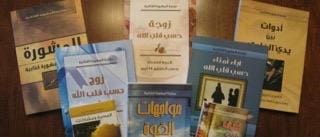Is International Biblical Counseling Training “Imperialistic”?
The concept of “cultural imperialism” has been the subject of innumerable books and journal articles in the Christian missions community (and the missions communities of other religions) for many decades. There is general agreement on the basics: The Word of God is eternal, the gospel is unchanging, and believers of every culture are sanctified through the same biblically-prescribed disciplines of faith. Therefore, the discussion on this topic focuses on the application of those principles. And, throughout the history of missions the pendulum has swung from one extreme (obliterate every vestige of cultural expression to make the evangelized group “Christian”) to the other (allow even unbiblical practices and perspectives to remain in the evangelized group to avoid an “imperialistic” impression).










